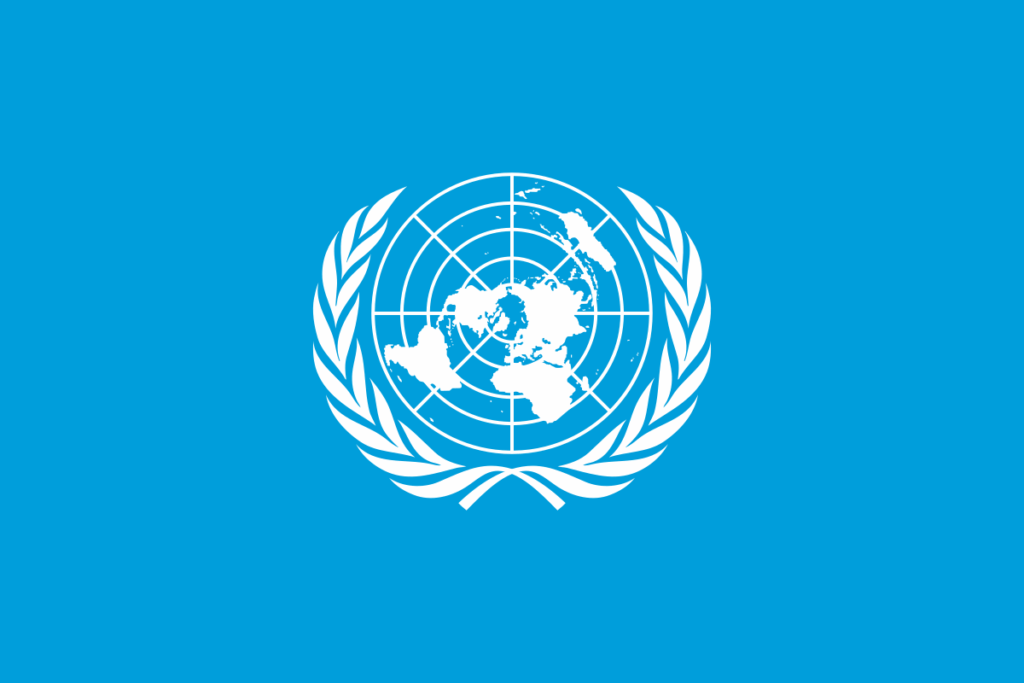
(Rightallegiance.com) – Israeli Foreign Minister Gideon Sa’ar has launched a scathing attack on the United Nations, labeling it a “rotten, anti-Israel, and antisemitic body” and accusing it of covering up terrorist affiliations within its agencies. His remarks come as the International Court of Justice (ICJ) in The Hague conducts hearings on Israel’s obligations concerning humanitarian aid access in Gaza.
In a press briefing, Sa’ar asserted that the UN and its agency, the United Nations Relief and Works Agency for Palestine Refugees in the Near East (UNRWA), should be on trial instead of Israel. He claimed that UNRWA employed individuals involved in the October 7, 2023, Hamas attacks and that UN Secretary-General António Guterres was aware of these affiliations but failed to act. “The U.N. must answer for these crimes,” Sa’ar stated, emphasizing that Israel had repeatedly warned about UNRWA’s alleged ties to terrorist activities.
Israel has chosen not to participate in the ICJ hearings, dismissing them as a “circus” intended to undermine its right to self-defense. Sa’ar reiterated that Israel would not “take the defendant’s stand” in what it perceives as a biased proceeding.
The United States has backed Israel’s decision to ban UNRWA from operating in Gaza, citing concerns over the agency’s impartiality and alleged links to Hamas. U.S. legal adviser Joshua Simmons argued at the ICJ that Israel is not legally obligated to permit specific humanitarian organizations to operate in Gaza, especially if they pose security threats.
Conversely, UNRWA has accused Israel of abusing over 50 of its staff members during military detentions, including allegations of beatings, threats, and forced confessions. These claims have intensified scrutiny over Israel’s treatment of humanitarian workers and its broader conduct in the Gaza conflict.
The tensions between Israel and the United Nations highlight the complexities of international law, humanitarian obligations, and national security concerns. As the ICJ hearings continue, the global community watches closely, aware that the outcomes may have significant implications for international norms and the future of humanitarian operations in conflict zones.